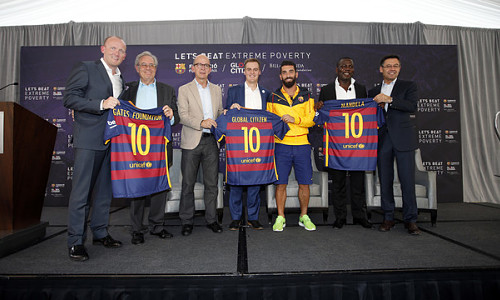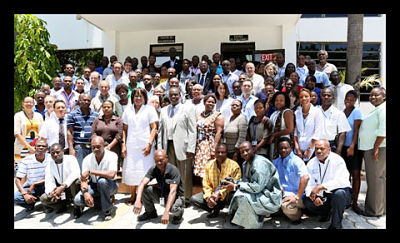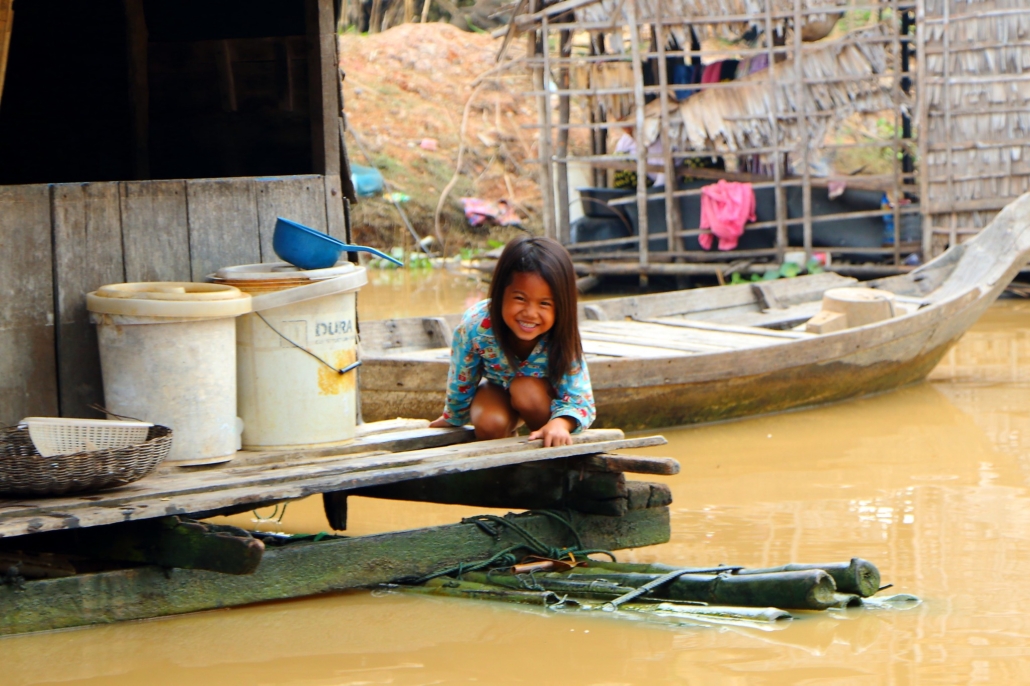 In recent years, Asia has been making commendable strides in the realm of water and sanitation. There has been a wave of positive change that promises a brighter, healthier future for millions. The unfolding narrative explores the vibrant tapestry of initiatives and innovations that define this transformative era for those in Asia.
In recent years, Asia has been making commendable strides in the realm of water and sanitation. There has been a wave of positive change that promises a brighter, healthier future for millions. The unfolding narrative explores the vibrant tapestry of initiatives and innovations that define this transformative era for those in Asia.
WASH Initiatives Taking Root
Water, Sanitation, and Hygiene (WASH) initiatives have become catalysts for change across the continent. Countries like India, with its Swachh Bharat Abhiyan (Clean India Mission), have set ambitious goals to enhance sanitation infrastructure and promote hygiene practices. This concerted effort has yielded visible improvements in rural and urban areas alike.
WASH initiatives go beyond infrastructure development; they emphasize education and awareness. Programs across countries like Indonesia are not only building toilets but also educating communities about the importance of hygiene. These initiatives instill sustainable practices, ensuring that the impact endures for generations.
Innovative Technologies Making a Splash
The adoption of innovative technologies is revolutionizing water and sanitation solutions. In countries such as Singapore, advanced water treatment technologies, including recycled water for domestic use, are not just addressing scarcity concerns but also setting a benchmark for sustainable practices.
Community-Led Sanitation Programs
Community engagement has emerged as a linchpin in the journey towards better sanitation. Community-led Total Sanitation (CLTS) programs, as seen in Bangladesh, empower local communities to take charge of their sanitation needs. The result is open defecation-free villages and improved health outcomes.
Cross-Border Collaboration for Clean Water
The importance of cross-border collaboration cannot be overstated The Mekong River Commission (MRC) stands as a testament to regional collaboration. Established to promote sustainable development and management of water resources, the MRC facilitates dialogue and joint decision-making among member countries. By sharing data, coordinating infrastructure projects, and fostering cooperation, the MRC contributes to equitable water use and addresses issues of water quality and quantity. The Mekong River Commission, involving countries like Cambodia, Laos, Thailand and Vietnam, exemplifies regional cooperation for sustainable water resource management, ensuring access to clean water for millions.
Private Sector Partnerships Flowing In
Partnerships with the private sector are proving instrumental in addressing water and sanitation challenges. Organizations like the Bill & Melinda Gates Foundation are investing in innovative sanitation technologies and solutions, aiming to provide access to safe sanitation facilities for underserved communities.
The progress in water and sanitation across Asia is undeniably heartening. The collaborative efforts of governments, communities, and innovative thinkers are creating a ripple effect that goes beyond infrastructure improvements, touching the lives of millions. As the wave of positive change continues to swell, the future looks promising for a region where access to clean water and sanitation is no longer a luxury but a fundamental right.
– Diana Vu
Photo: Flickr
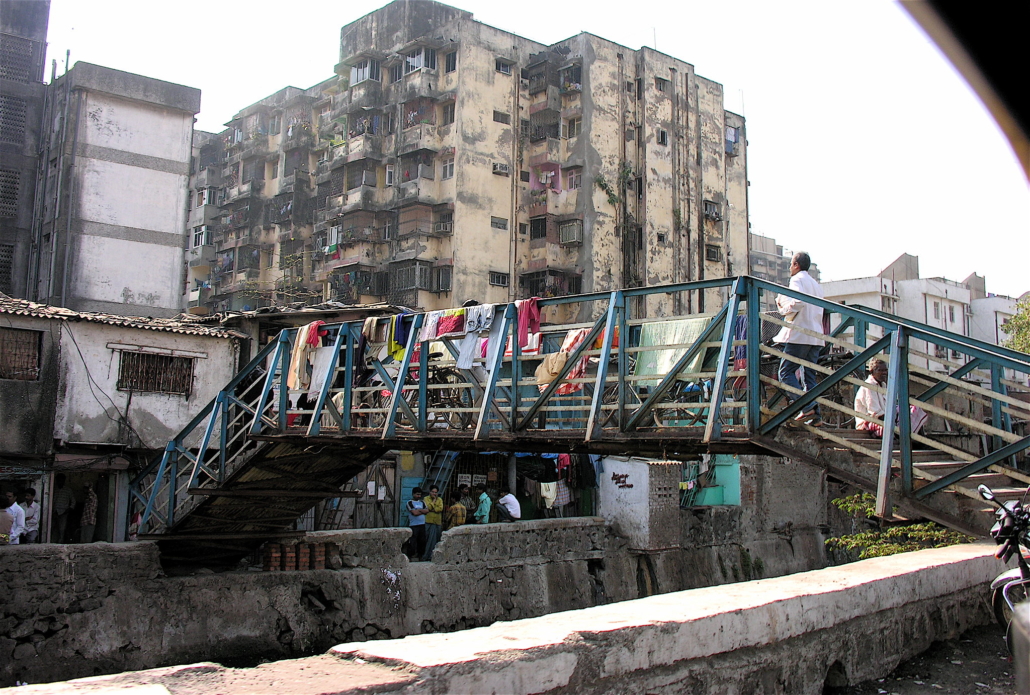
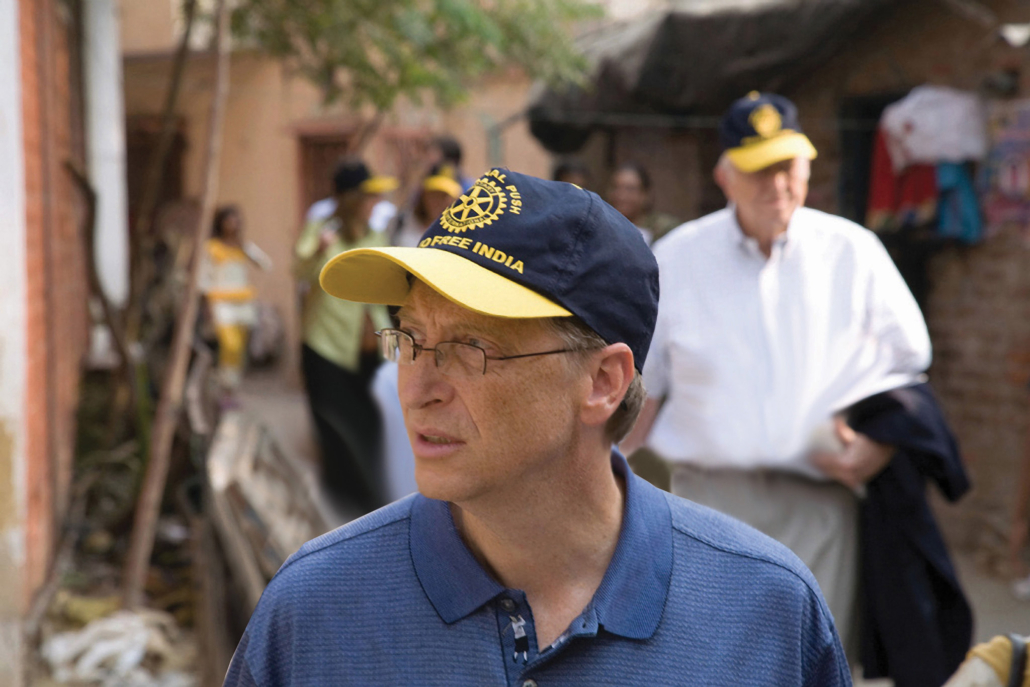
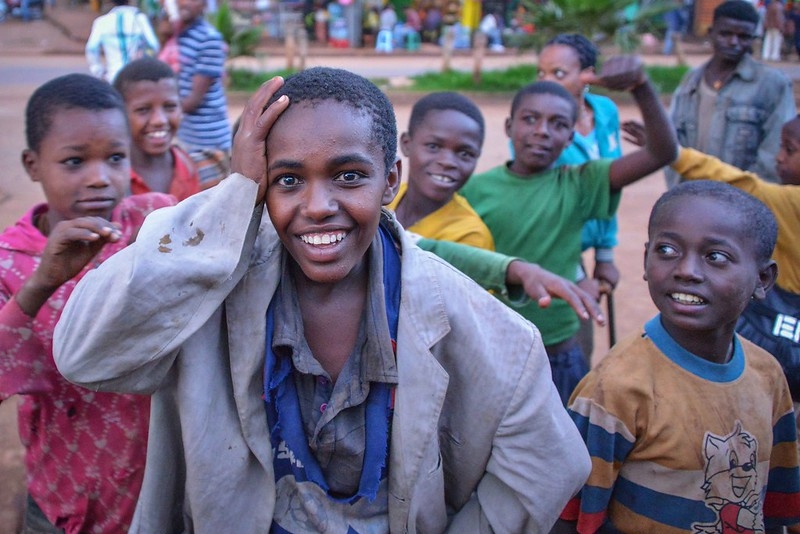
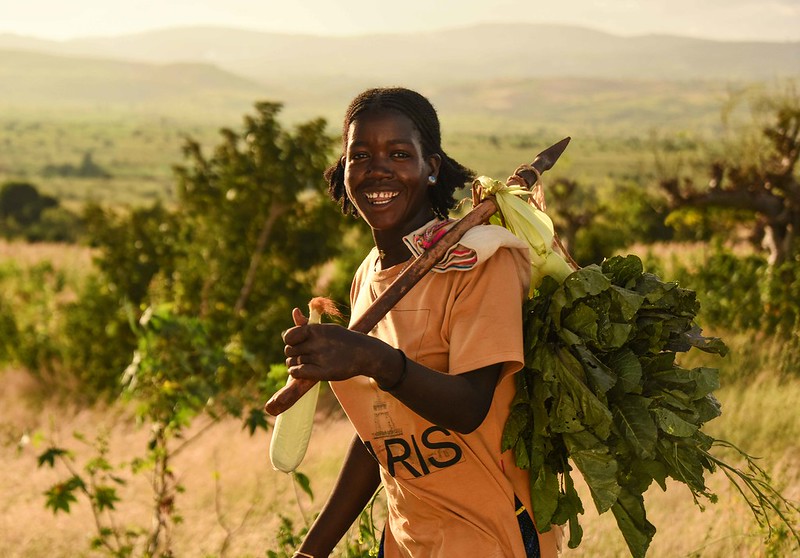

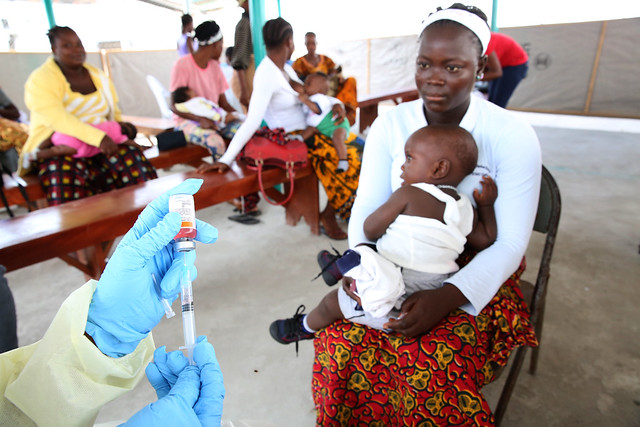 The Global Alliance for Vaccines and Immunization (Gavi) is a global organization whose goal is to create
The Global Alliance for Vaccines and Immunization (Gavi) is a global organization whose goal is to create 